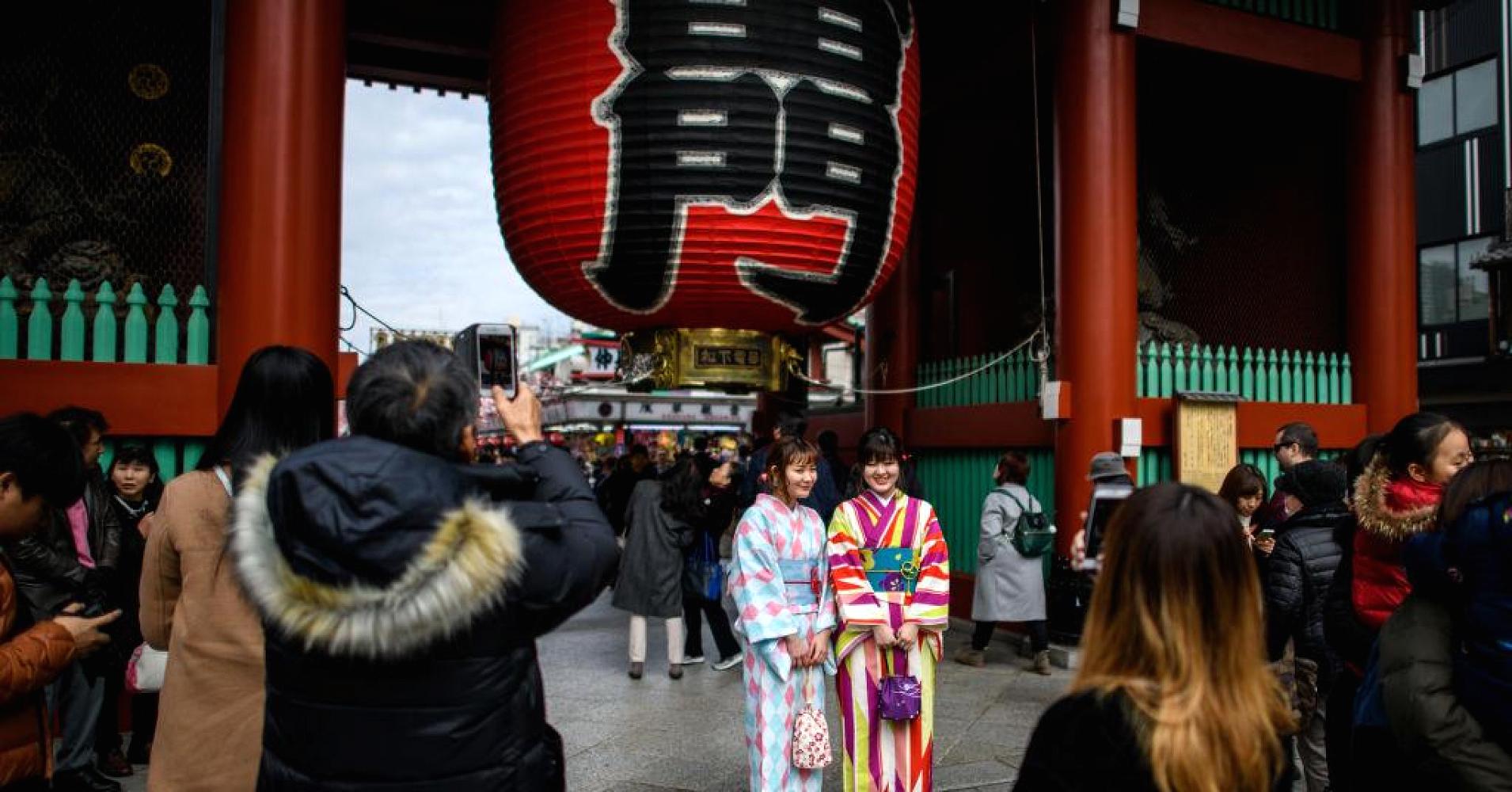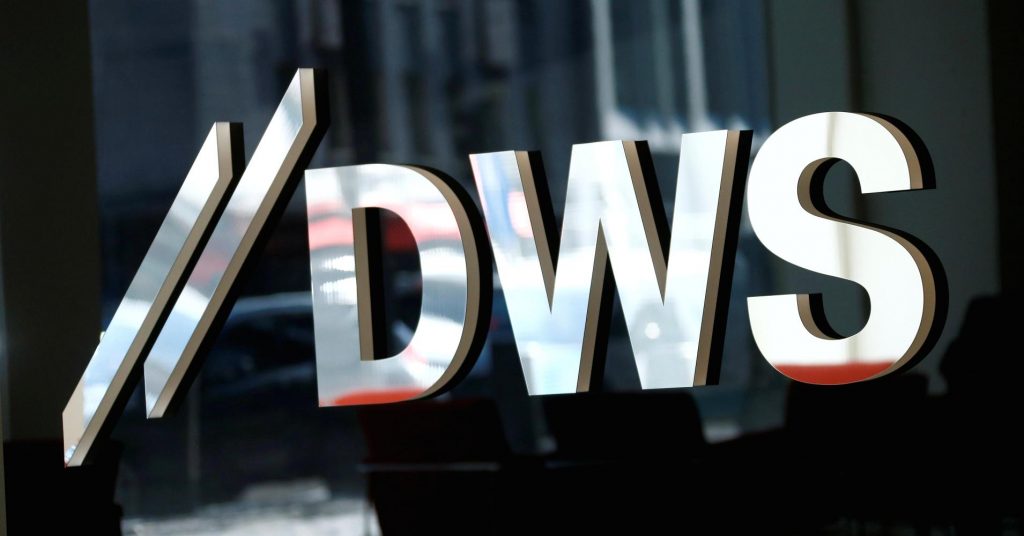
Back in 2008, Japan set an ambitious goal for its tourism industry: 20 million visitors by the year 2020.
It hit it five years early.
Japan is experiencing a historic tourism boom, in the wake of that drive to draw 20 million leisure visitors, timed to coincide with the planned Olympics in Tokyo. Last year, Japan welcomed 28.7 million tourists — up from 10.4 million in 2013.
The surge has been helped by several factors, including a relatively weak yen — down about 10 percent against the dollar over the last five years — and relaxed visa requirements, particularly for the all-important Chinese market.
The growth rate — about 20 percent in 2017 versus 2016 — is one of the highest in the world and expected to continue, said André Andonian, managing partner for Japan at consultancy firm McKinsey.
“The Olympics will be the booster to sustain growth,” he told CNBC, listing other major events leading up to the games, such as World Cup Rugby in 2020 and the G20 meeting in 2019.
Andonian noted that tourist expenditures have risen in the United Kingdom since the 2012 London games — and that bodes well for Tokyo.
In January of this year, the number of visitors to Japan rose 9 percent versus the same period a year ago.
The newest government target is to attract 40 million tourists by 2020, as it embarks on a drive to draw more tourists from non-Asian countries. In 2017, over two-thirds of international visitors were from South Korea and Greater China.
Big industries are benefiting from Japan’s tourism boom.
More tourists — including mainland Chinese tourists who have a penchant for retail therapy — are helping to support merchants in an aging Japan.
Tourist spending hit a record 4.42 trillion yen ($41.7 billion) in 2017 — in tandem with the surge in visitor numbers — a jump of 17.8 percent from a year ago, official data show.
The boost to retail has sent shares of related stocks higher, with cosmetics maker Shiseido and discount retailer Don Quijote Holdings posting gains.
Shiseido’s shares surged over 100 percent in the last year, Don Quijote’s shares rose 60 percent in the same period. In the same period, the Nikkei 225 rose about 10 percent.
Both of those merchants’ shares were fueled by tourist spending. Shiseido is planning a new factory in the country — its first new domestic plant in four decades — to cater to the demand for “Made in Japan” products.
Although Japan is known for a relatively expensive retail scene, customers get “price and quality, as well as specific offerings,” said Ed Rogers, CEO of Rogers Investment Advisors.
There are simply not enough rooms in Japan, with hotels in the so-called Golden Route of Tokyo, Osaka and Kyoto experiencing high occupancy around 80 percent, said McKinsey’s Andonian.
The tight supply prompted the Japanese government to step up activity in the arena, financing the development of hotels in large cities by private companies. A private consortium also set up a new fund to invest in aging, traditional accommodation.
Meanwhile, developers have stepped up construction, with names like Hyatt, Marriott, Nomura Real Estate Development and Mitsui Fodosan building new accommodation to house holiday revelers.
Like its predecessors, the Tokyo Games will require billions in infrastructure investment — a controversial issue that requires political support for the use of public funds.
The budget for the Olympics stands at 1.35 trillion yen ($12.7 billion) as of December 2017 — double the 730 billion yen ($6.9 billion) projected in 2013 when the city won the games.
Tokyo will be upgrading existing sites and building new sites for the games that can be used after the event to help control costs, said Masa Takaya, spokesman for the Tokyo Organising Committee of the Olympic and Paralympic Games.
Still, infrastructure companies involved in the investment, such Mitsubishi Estate, Mitsui Fudosan will benefit from the work. Both companies are part of a consortium that won a bid for the athletes’ village.

